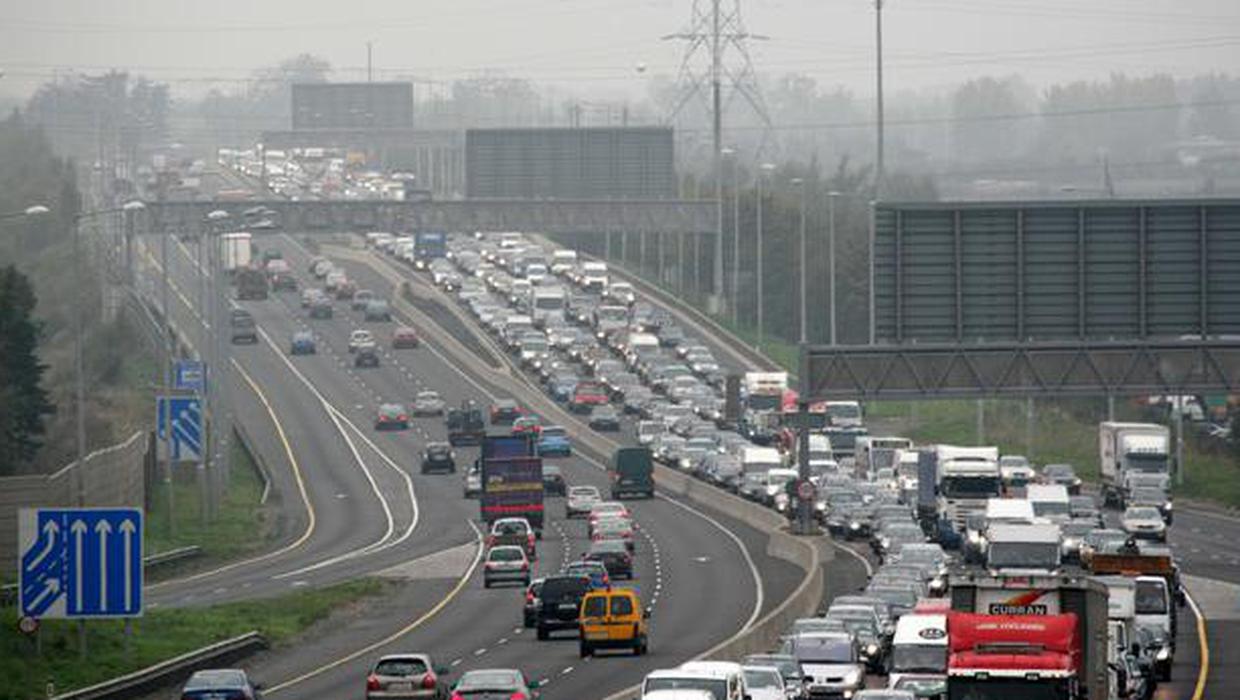
As the rollout of the vaccine continues and the rate of Covid-19 infections drops, many employees are set to return to their offices by September under plans being developed by the government.
mployers must again begin to plan how their employees will be able to return to work safely, be that full-time or in a blended working capacity.
However, new research has revealed that commuting reduces productivity at work by draining mental energy, affecting our ability to fully focus on what we’re doing when we finally arrive at work.
The research, conducted by Fabiola Gerpott, Dana Unger and Wladislaw Rivkin at Trinity Business School, states that the morning commute ruins productivity.
Discussing the study, Wladislaw Rivkin, Associate Professor in Organisational Behaviour, said: “Because of its regular occurrence, commuting is an automatic habit.
“However, an unpleasant commute experience like heavy traffic requires employees’ self-regulation to shift toward controlled cognitive processing.
“For example, employees may need to adapt daily work plans when arriving later at work or decide during the commute whether to pass on information about potential delays to colleagues.
“In turn, states of controlled cognitive processing deplete regulatory resources and put employees into a resource protection, negatively affecting productivity.”
The researchers recommend businesses implement clever work design, such as preventing interruptions during focused work, as a solution.
They also suggested reducing “draining commutes” by allowing flexible working arrangements or flexible time arrangements to avoid rush hour.
“Although commuting is an everyday experience for most people, its dynamic nature and implication for daily life in organisations have been largely overlooked,” Dr Rivkin continued.
“Our research demonstrates that commuting reduces productivity at work through draining mental energy and thus preventing immersive states of flow.
“Leaders should focus on satisfying employees’ fundamental needs by assigning work tasks that enhance employees’ competences and providing employees with decision making autonomy,” the doctor added.
It comes as senior government sources have made it clear that allowing workers to return to the office is seen as a priority as the country begins to open back up.
However, some offices may be transformed long after the pandemic has ended as Tánaiste Leo Varadkar published a plan to make remote working a permanent option for the public sector after Covid-19 in January.
New legislation also allows employees the right to disconnect.
